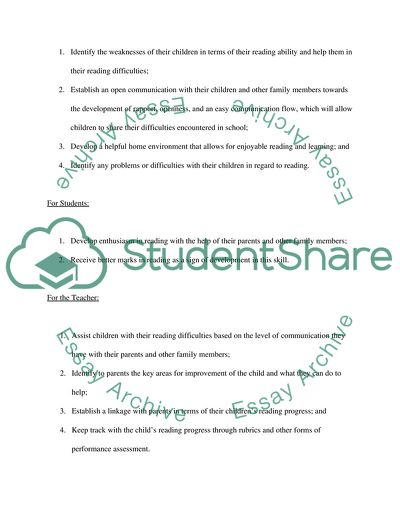Cite this document
(A Parent-Teacher Plan for the Enhancement of Communication Between Assignment, n.d.)
A Parent-Teacher Plan for the Enhancement of Communication Between Assignment. https://studentshare.org/education/1716173-mock-conference-see-instructions
A Parent-Teacher Plan for the Enhancement of Communication Between Assignment. https://studentshare.org/education/1716173-mock-conference-see-instructions
(A Parent-Teacher Plan for the Enhancement of Communication Between Assignment)
A Parent-Teacher Plan for the Enhancement of Communication Between Assignment. https://studentshare.org/education/1716173-mock-conference-see-instructions.
A Parent-Teacher Plan for the Enhancement of Communication Between Assignment. https://studentshare.org/education/1716173-mock-conference-see-instructions.
“A Parent-Teacher Plan for the Enhancement of Communication Between Assignment”. https://studentshare.org/education/1716173-mock-conference-see-instructions.


